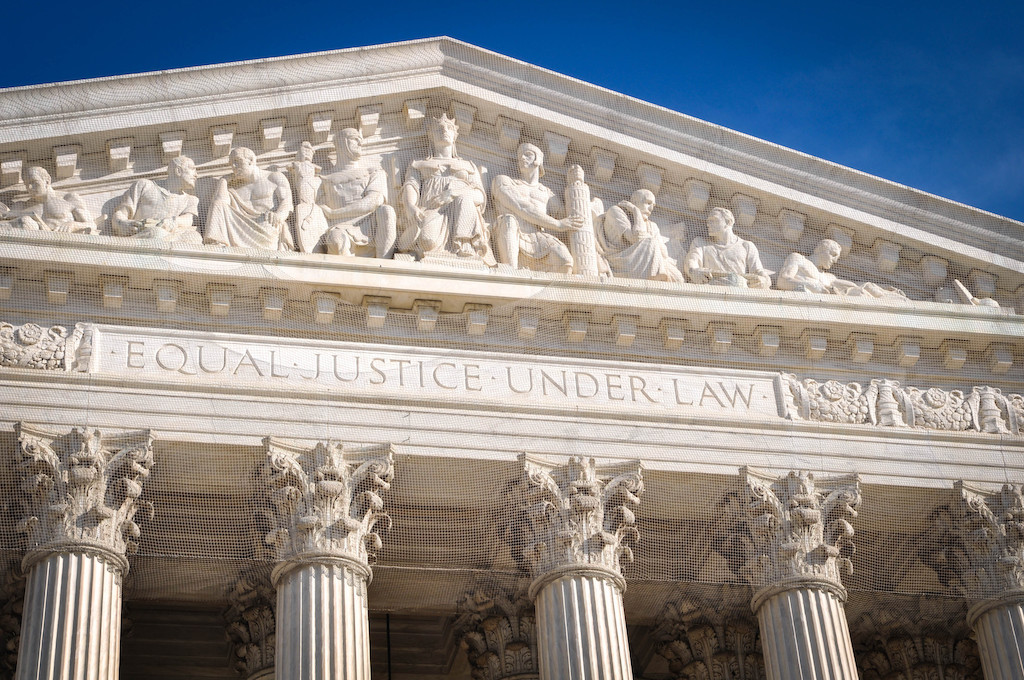 Photo Credit: Brandon Bourdages/Shutterstock
Photo Credit: Brandon Bourdages/Shutterstock
In a recent Supreme Court session, members of the conservative majority appeared inclined to reconsider a significant precedent that has empowered executive agencies, potentially impacting regulations in areas such as the environment, healthcare, and consumer safety. The potential shift in the court’s stance was acknowledged by both sides, emphasizing the wide-ranging implications of the decision on American life.
During the lengthy proceedings, questions were raised about the foundational doctrine of administrative law known as Chevron deference. This doctrine, originating from the 1984 case Chevron v. Natural Resources Defense Council, requires judges to defer to agencies’ reasonable interpretations of ambiguous statutes, giving precedence to agency views even in cases where alternative interpretations might be plausible.
Supporters argue that Chevron deference allows specialized agencies to fill gaps in ambiguous statutes, creating consistent rules within their areas of expertise as intended by Congress. On the other hand, opponents, including business groups concerned about overregulation, argue that courts, not executive officials, should interpret statutes. They express worries about the potential bias in agency interpretations with changing administrations.
Some conservative justices suggested that courts should independently determine the meanings of laws without automatically deferring to agency perspectives. Justice Neil M. Gorsuch voiced concerns about judges relinquishing their responsibilities and blindly accepting agency positions.
In contrast, the court’s liberal members argued that agencies often possess better insights than courts to interpret ambiguous statutes within their domains of expertise. Justice Elena Kagan highlighted that agencies provide valuable information not readily available to courts, forming the basis of Chevron. She pointed out the potential disruption caused by discarding the decision, citing numerous Supreme Court and lower court decisions relying on Chevron.
Justice Ketanji Brown Jackson noted that Congress had entrusted certain policy choices to agencies, expressing concern that removing Chevron could lead the court into a policymaking role. The discussions underscored the complexity of the legal challenge and its potential impact on the principles governing administrative law.


















